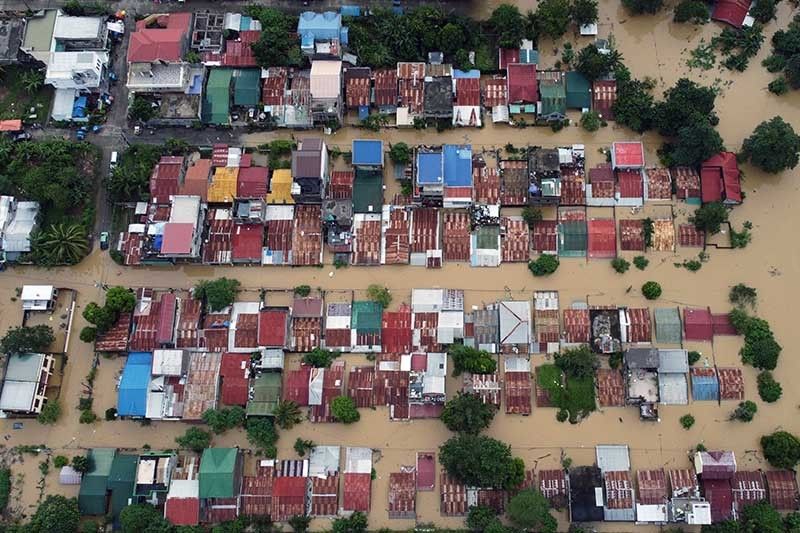UN unveils global 'early warning' system for disasters at $3 billion

SHARM EL SHEIKH — The United Nations on Monday unveiled a five-year plan to build a global early warning system for deadly and costly extreme weather events amplified by climate change.
The price tag—a relatively modest $3.1 billion, or less than 50 cents per person—is a small price to pay for proven methods that can save thousands, if not millions, of lives, UN chief Antonio Guterres said at the COP27 climate summit in Egypt.
"I have called for every person on Earth to be protected by early warning systems within five years, with the priority to support the most vulnerable first," he said as world leaders gathered in the Red Sea resort of Sharm el-Sheikh for the 13-day talks.
Even as climate-enhanced extreme weather is multiplying, half the world's countries lack advanced early warning systems that can save lives.
Countries with inadequate infrastructure see, on average, eight times greater mortality from disasters than countries with strong measures in place, according to the UN.
Proper early warning systems for floods, droughts, heatwaves, cyclones or other disasters allow for planning that minimizes adverse impacts.
And it works: the number of people affected by disasters has nearly doubled over the last two decades, but the number of people killed or missing has fallen by half.
When Cyclone Bhola hit what is present-day Bangladesh in 1970, it claimed hundreds of thousands of lives, prompting the country founded the following year to invest in weather forecasting technology, shelters and a network of volunteers along the coast.
A similarly strong Cyclone Amphan made landfall in 2020 in the same area, but left a death toll of just 26.
"Early warnings save lives and provide vast economic benefits," World Meteorological Organization chief Petteri Taalas said in a statement.
"Just 24 hours notice of an impending hazardous event can cut the ensuing damage by 30%."
The Global Commission on Adaptation found that spending just $800 million on such systems in developing countries would avoid losses of $3 billion to $16 billion per year.
Starting with science-based observation networks and forecasting technology, a complete early warning infrastructure also requires national and community-based response capabilities, along with ways to rapidly communicate information to a population.
- Latest




























